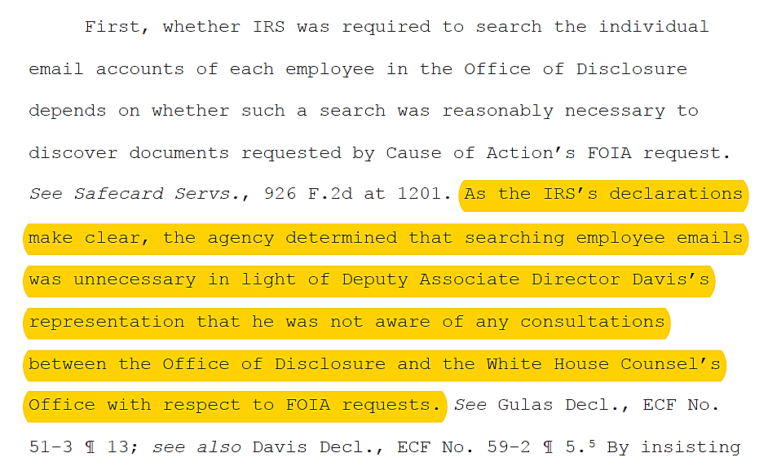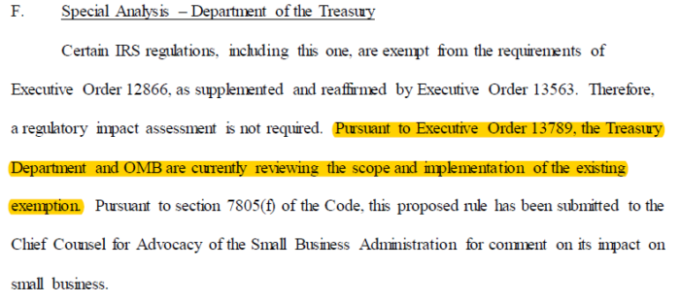We recently published a blog post urging newly confirmed Department of Veterans Affairs (“VA”) Secretary Robert Wilkie to mitigate the cultural plagues preventing the VA from operating as the functional and ethically organized agency that our veterans deserve. Reports published last month from the Washington Post and the U.S. Government Accountability Office (“GAO”) found several problems within the VA including politicization, retaliation against whistleblowers, impunity for senior officials, and an overall lack of transparency. The VA’s problems won’t be fixed overnight, but external pressures for reform within the agency should hopefully spur necessary changes.
Fortunately, there appear to be signs of progress on the reform front with several new congressional inquiries. At the end of July, members of Congress from both sides of the aisle wrote letters to express concern about the VA’s toxic culture and to seek further information about the agency’s ongoing problems.
- As Cause of Action Institute Counsel Ryan Mulvey discussed last week, eight Democratic Senators, led by Ranking Member Jon Tester of the U.S. Senate Committee on Veteran’s Affairs wrote to the VA on July 25th to express concern about the possible politicization of the agency’s Freedom of Information Act (“FOIA”) policies. The senators sent a concurrent letter to the VA’s watchdog, Inspector General Michael J. Missal, requesting an investigation in their allegations: “[FOIA] is the route through which media and other interested parties get answers and information after their requests to [the] VA about policies and initiatives have gone unanswered.”
- On July 26th, Representatives Tim Walz (D-MN), Mark Takano (D-CA), and Kathleen Rice (D-NY) authored a letter to Attorney General Jeff Sessions referring former Acting Secretary Peter O’Rourke for investigation for “alleged perjury, or withholding information from Congress, or making otherwise unlawful statements in testimony and communications before the Committee on Veterans’ Affairs.” This letter comes one month after O’Rourke falsely claimed he had authority over the VA Inspector General—an independent entity that ensures investigators can conduct their work without fear of reprisal by agency leadership.
- Finally, on July 30th, a bipartisan coalition of congressmen wrote to Secretary Wilkie asking him to implement the GAO’s recommendations from their report:
“To ensure the Department of Veterans Affairs (VA) can fulfill its important mission, it is vital that its work force is properly trained, led, and accountable. To that end we call your attention to the recent [GAO] report . . . and urge the VA to immediately implement the recommendations outlined in that report . . . The GAO’s investigation uncovered serious issues with the VA’s record-keeping, its protection of whistleblowers, and its handling allegations of misconduct, waste, fraud, and abuse.”
I have previously discussed the GAO’s sixteen recommendations in an earlier blog post. Of those sixteen recommendations, the VA concurred with nine of them and partially concurred with another five. The congressional letter explains that immediate implementation of the GAO’s recommendations is necessary because the agency must encourage trust and openness in its culture.
These letters address different aspects of improvement needed at the VA. Senator Tester’s letters highlight the possible politicization of how information is made available to the public. The letter to Attorney General Sessions asks the VA to hold its senior officials to the same standards as their subordinates—one of the most prominent issues covered in the GAO report. And finally, the letter to Secretary Wilkie underscores a necessary criticism of the VA: the primary role of the agency is to care for Americans injured or traumatized while defending our nation and, as such, it is unacceptable for agency leadership to tolerate misconduct, let alone encourage it.
However, we should view these signs of progress with just a bit of skepticism. Senator Tester and the other Democrats on the Committee on Veterans’ Affairs have asked preliminary questions regarding politicization in the FOIA process, which is good, but what happens next? Will they continue to hold the VA accountable for their culture and leadership? Or will they move on to another issue? Will Attorney General Jeff Sessions open an investigation to determine whether O’Rourke made unlawful statements in providing false testimony, or will the bipartisan coalition fall upon deaf ears?
Cause of Action Institute will continue to investigate VA mismanagement and the agency’s efforts to adopt GAO’s recommendations. But we will also watch the congressmen who have expressed interest in reforming the plagued agency. The authors of the letters to Attorney General Sessions and VA officials should be applauded for their inquiries, but they should also be committed to following through to the complete reform of the VA.
Chris Klein is a Research Fellow at Cause of Action Institute


